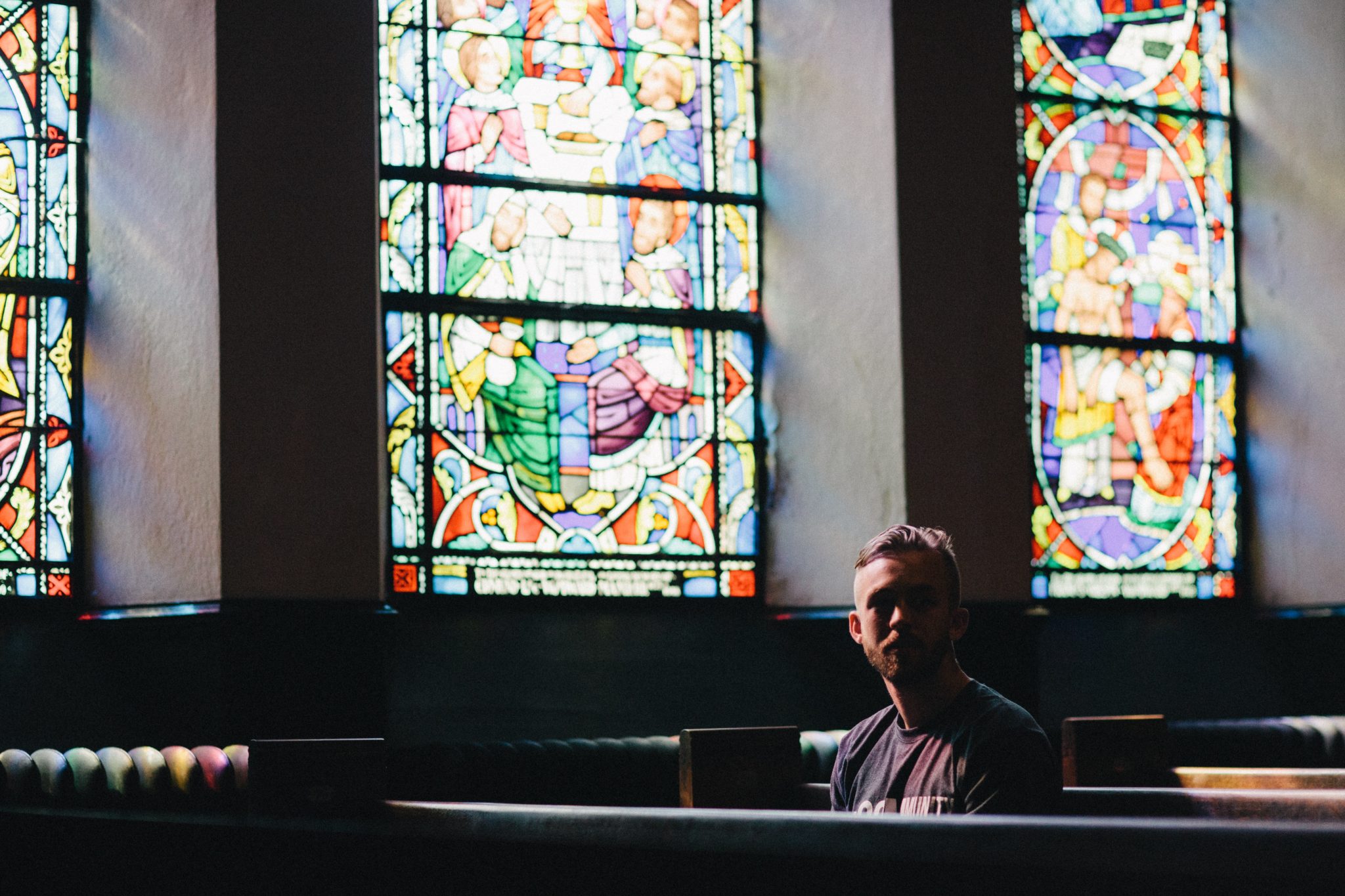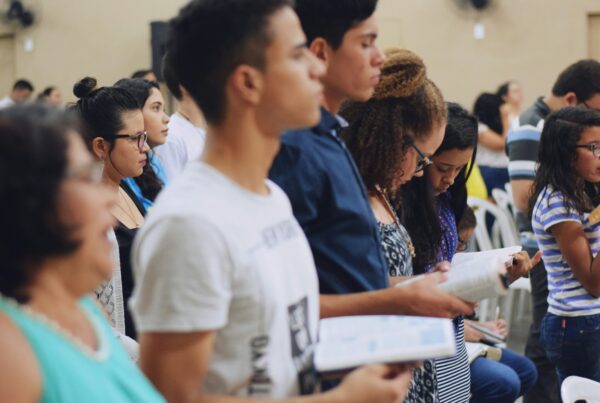Churches are dying. The Pew Research Center recently found that the percentage of American adults who identified as Christians dropped 12 percentage points in the last decade alone. So what happened? Why have so many people stopped looking to the church for guidance?
Our culture is changing more rapidly than it ever has before. And as the culture changes, so does what people need from church. But according to Fuller Theological Seminary professor Scott Cormode, the North American church hasn’t kept up with people’s changing needs.
To embody the gospel in our current culture, Cormode believes it’s critical for churches to embrace innovation. So he has been working closely with hundreds of churches across North America on faithful innovation. We asked him how we got here and why he thinks embracing innovation is key to becoming the church the world needs right now.
>> Find out more about how to innovate faithfully in the second part of our interview.
This interview has been lightly edited and condensed for clarity.
You’ve said that “the church as we know it is calibrated for a world that no longer exists.” Are you saying the church is stuck in the past?
Cormode: Church is not stuck in the past. It’s stuck in its own present. Churches will create their programs for the people that they have at the time. Once they find something that works, they desperately cling to it, even if people have changed over time.
The churches that are calibrated for the past are the ones that were working in the past. Now things have changed. And it’s really hard to let go of something that was once working in order to embrace something that may or may not work.
Where are the places you see a disconnect between what churches are doing and what the world needs?
There’s two ways in which churches find it very difficult to adjust.
The first is when they have been very successful. If a church was filled with people in the 1970s or 1980s, it is likely that it has a hard time being filled with people today. Young families came in the 1980s. Kids went into a particular kind of youth group. It was calibrated for 1986, and that was very cool. And now they’re still calibrated for 1986. Those kids that grew up there are now the parents. They look at their own life and they say, “The way that I learned about the love of Jesus Christ is through this kind of a youth group. If it worked for me, I’m sure it will work for my kid.”
The other group that has trouble with change is the kind of church that is just clinging to life. They have a lot of older folks who care deeply about the gospel and care deeply about each other. But it feels almost overwhelming to them to think about how they would adjust to a world that they feel a little bit disconnected from.
Why are so many churches dying now compared to in the past? Churches have always been slower to change than our culture, and some people would say that’s a good thing. So what is it about the present moment that calls for a bigger disruption to the status quo?
In the church, our very credibility is tied to continuity with the past. We will never stop saying Jesus is Lord. We will never stop reading 2 Corinthians. We will never stop loving our neighbor as ourselves. There’s some really good reasons that we don’t want to change too quickly. We don’t want to become untethered from the very thing that gives us credibility.
For thousands of years, that has worked for us.
For example, let’s go back to the Industrial Revolution. At that point the churches could look around and say, “We’re not sure what to do.” And they could just take a deep breath and wait for someone to figure it out and then they could copy. We’ll call that the “wait and copy strategy.” That worked great when you had a whole generation to figure out change.
In the 20th century, change started to accelerate. Nowadays every seven to ten years, something major enough has happened that the church has to respond. The “wait and change strategy” won’t work if you’re waiting, you figure out who to copy, and by then the world’s changed again.
If we can’t wait until someone else figures out how to respond to a change and copy them, what should churches do instead?
The thing we have to cultivate is the ability to be agile.
It used to be that we learned dance steps. There’s going to be a new kind of music you’ve never encountered before. You find somebody who’s good at choreography, you learn to dance to it, and all is well.
Now the music keeps changing and you actually have to be able to adjust on the fly. That’s a completely different skillset. And it’s not one that the world has ever asked of the church before.
That’s why we’re in a different era.
Related: Scott Cormode explains how to be more agile and still stay faithful to the gospel.
What brings you the most hope for the church today?
The most important thing that’s going on in the church today is not what we do. It’s what God does. Think about 1 Corinthians 3:6; it says, “[Paul] planted, Apollos watered, but God gave the increase” [KJV].
What’s our job? Our job is planting and watering. We just keep planting and watering what God gives us, and we can’t make something grow. Only God can. We can kill things by not planting them, not watering them. But even then, sometimes God creates volunteers—things that grow up without our intervention. But the most important thing that’s going on in the world right now is God is in the world reconciling the world to himself in Christ Jesus and has invited us to be a part of it.
Grace Ruiter co-founded Faithward and oversaw its growth from a small blog to a ministry that reaches 100,000-200,000+ people each month. She has been asking too many questions ever since she started talking, and she has no plans of stopping now. Although her curiosity has challenged her faith at times, it's also how her relationship with God has grown to where it is today. You can get in touch with Grace at graceruiterwrites@gmail.com.




